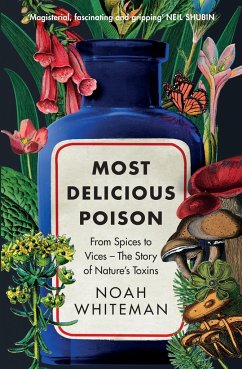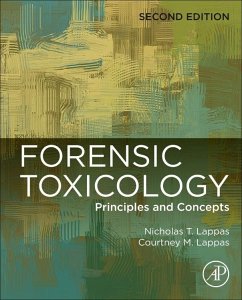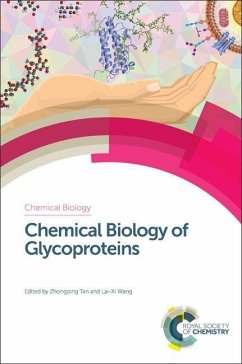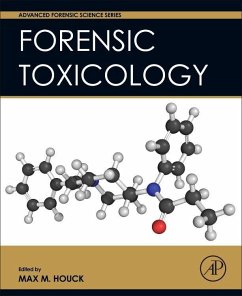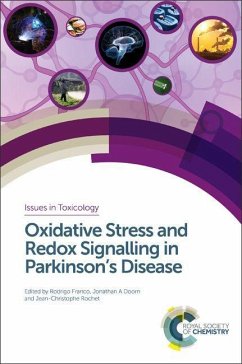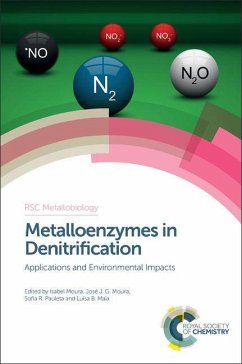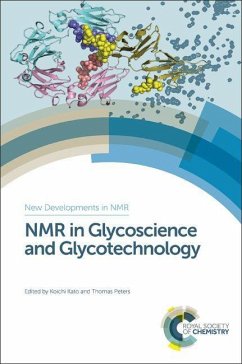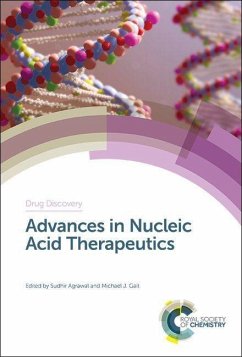
Gebundenes Buch
Preventing Chemical Weapons
Arms Control and Disarmament as the Sciences Converge
Herausgeber: Crowley, Michael; Shang, Lijun; Dando, Malcolm
Versandkostenfrei!
Versandfertig in über 4 Wochen

PAYBACK Punkte
60 °P sammeln!




This multi-disciplinary book analyses predicted developments in chemical and life sciences and the risks of their application in the development of weapons as well as regulatory mechanisms for their control.
Professor Malcolm Dando trained originally as a biologist (BSc and PhD at St. Andrews University, Scotland). After post-doctoral studies in the United States (University of Michigan and University of Oregon) he held UK Ministry of Defence funded fellowships in Operational Research at the University of Sussex during the 1970s. Since then he has worked on arms control and disarmament, particularly on chemical and biological issues (DSc. University of Bradford). In recent years this work has been focused on awareness raising and education of life scientists regarding dual use and biosecurity, for example in the Royal Society Brain Waves module on Neuroscience, conflict and security and Neuroscience and the Future of Chemical-Biological Weapons, Palgrave, Macmillan, 2015. Dr Michael Crowley is an Honorary Visiting Senior Research Fellow at the Division of Peace Studies and International Development of Bradford University, and is also Research Associate for the Omega Research Foundation. He has worked for 25 years on arms control, security and human rights issues, including with Amnesty International, the Arias Foundation, BASIC, as Coordinator of the Bradford Non-Lethal Weapons Research Project and as Executive Director of VERTIC. He has also previously acted as Chairperson of the Bio-weapons Prevention Project. Dr Lijun Shang is an international lecturer in Medical Science at School of Chemistry and Biosciences, University of Bradford. He is also a senior academic visitor to Department of Physiology, Anatomy and Genetics, University of Oxford, and a visiting Professor to Northwest University, China. During the past two decades, his researches primarily focus on structural and functional studies on ion channel in health and diseases and their physical and mathematical interfaces. Recently this interest is developed onto evaluating the potential toxic effects of nanoparticles, including chemical agents, on human health and diseases, with particularly interests in understanding the underlying mechanism of these effects.
Produktdetails
- Verlag: Royal Society of Chemistry
- Seitenzahl: 666
- Erscheinungstermin: 20. August 2018
- Englisch
- Abmessung: 240mm x 164mm x 43mm
- Gewicht: 1152g
- ISBN-13: 9781782626497
- ISBN-10: 1782626492
- Artikelnr.: 52212452
Herstellerkennzeichnung
Libri GmbH
Europaallee 1
36244 Bad Hersfeld
gpsr@libri.de
Für dieses Produkt wurde noch keine Bewertung abgegeben. Wir würden uns sehr freuen, wenn du die erste Bewertung schreibst!
Eine Bewertung schreiben
Eine Bewertung schreiben
Andere Kunden interessierten sich für


